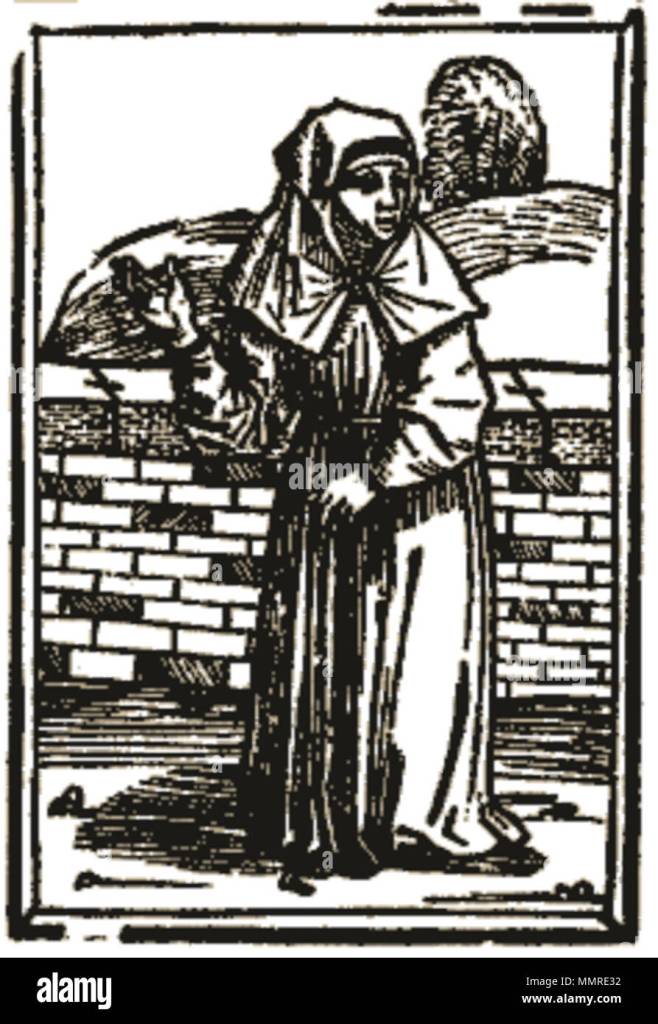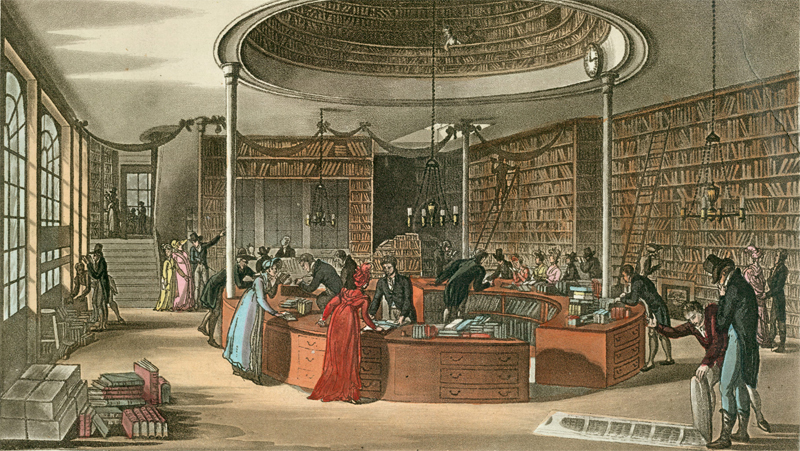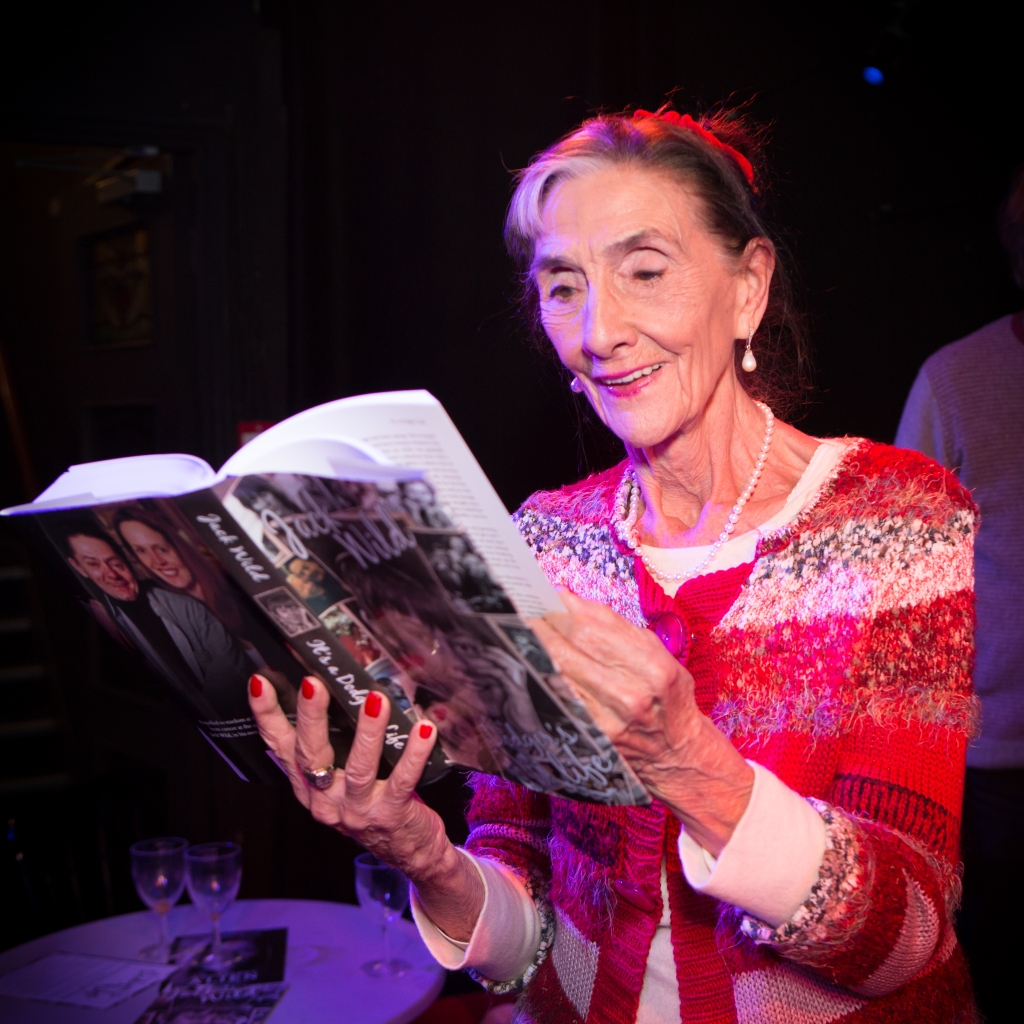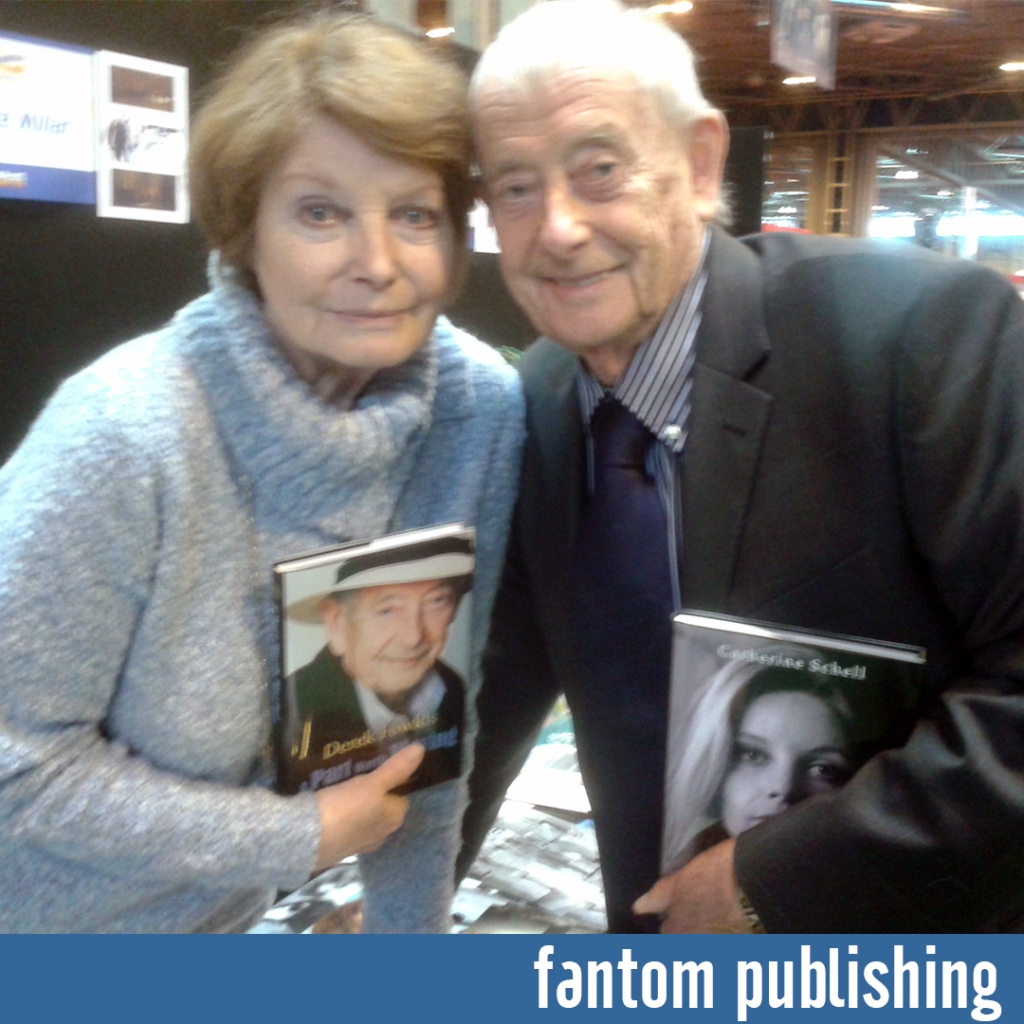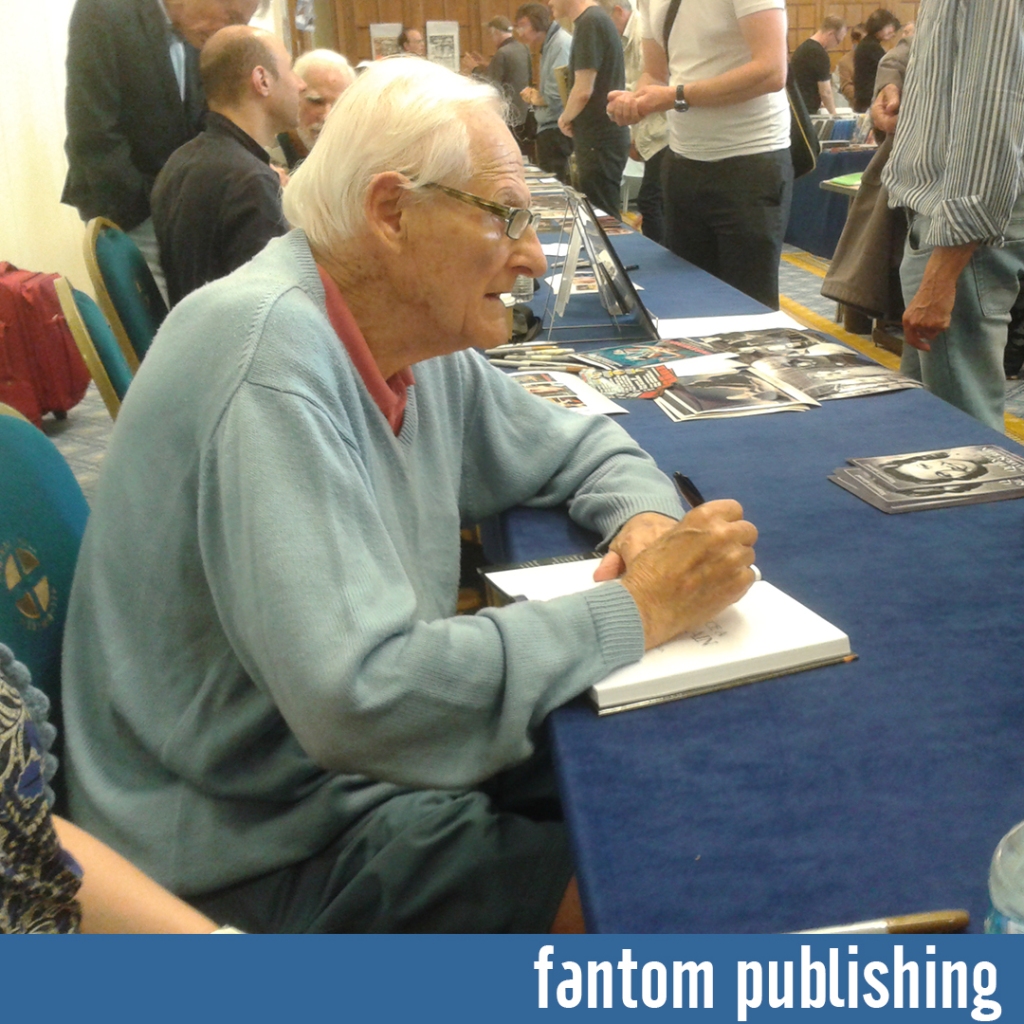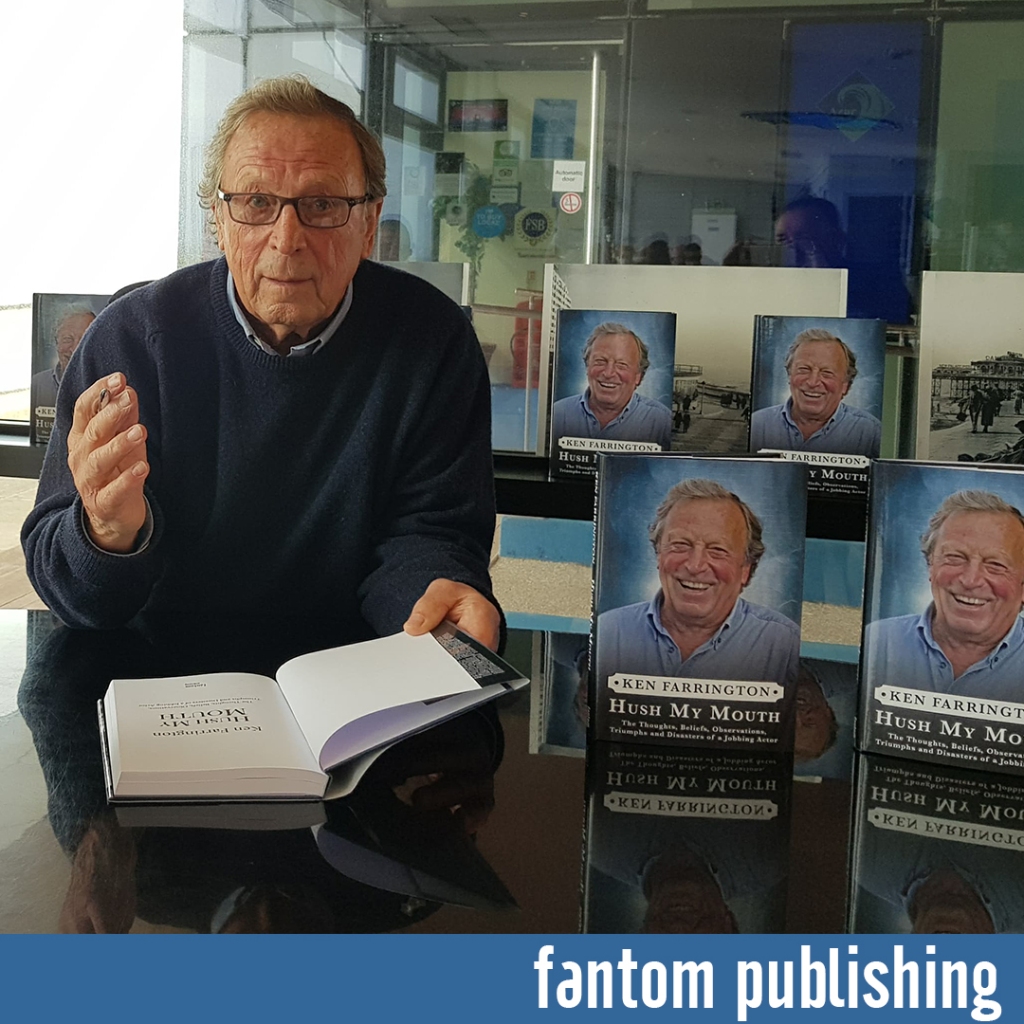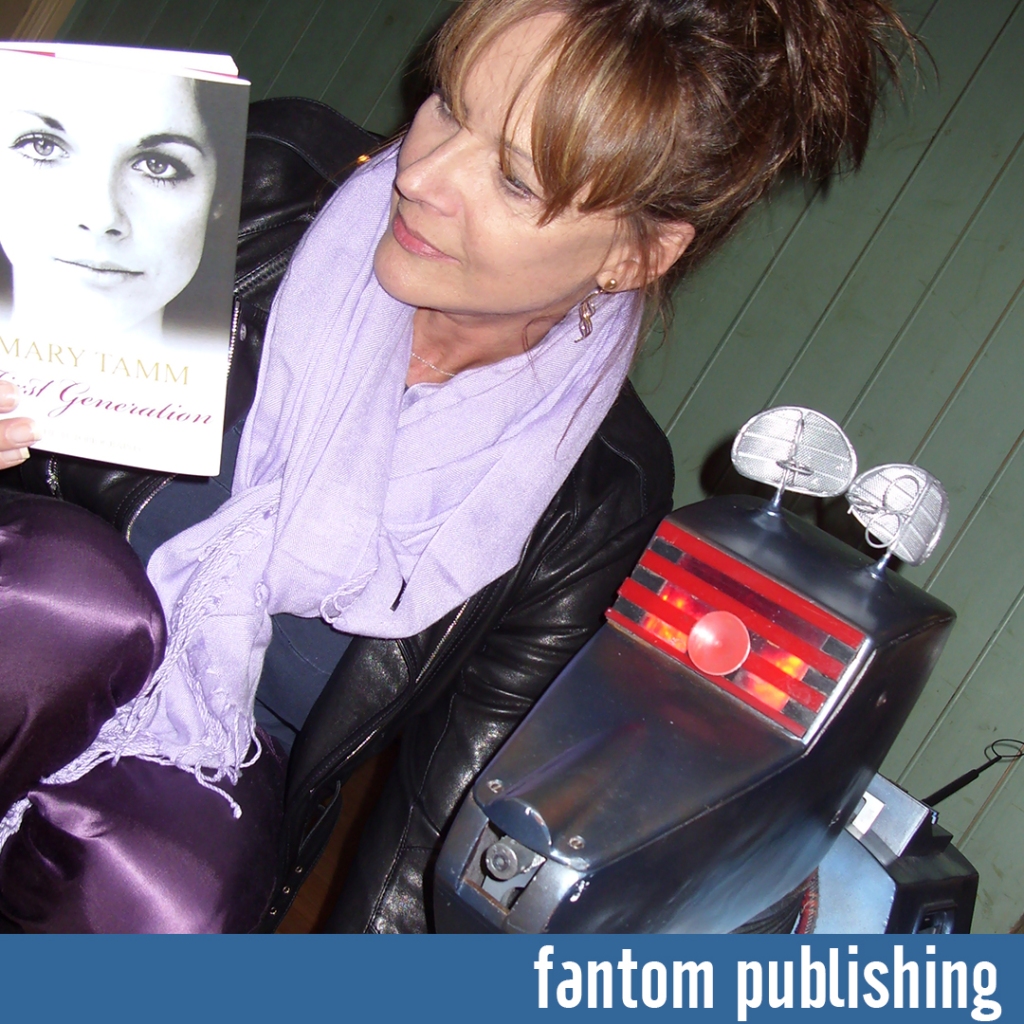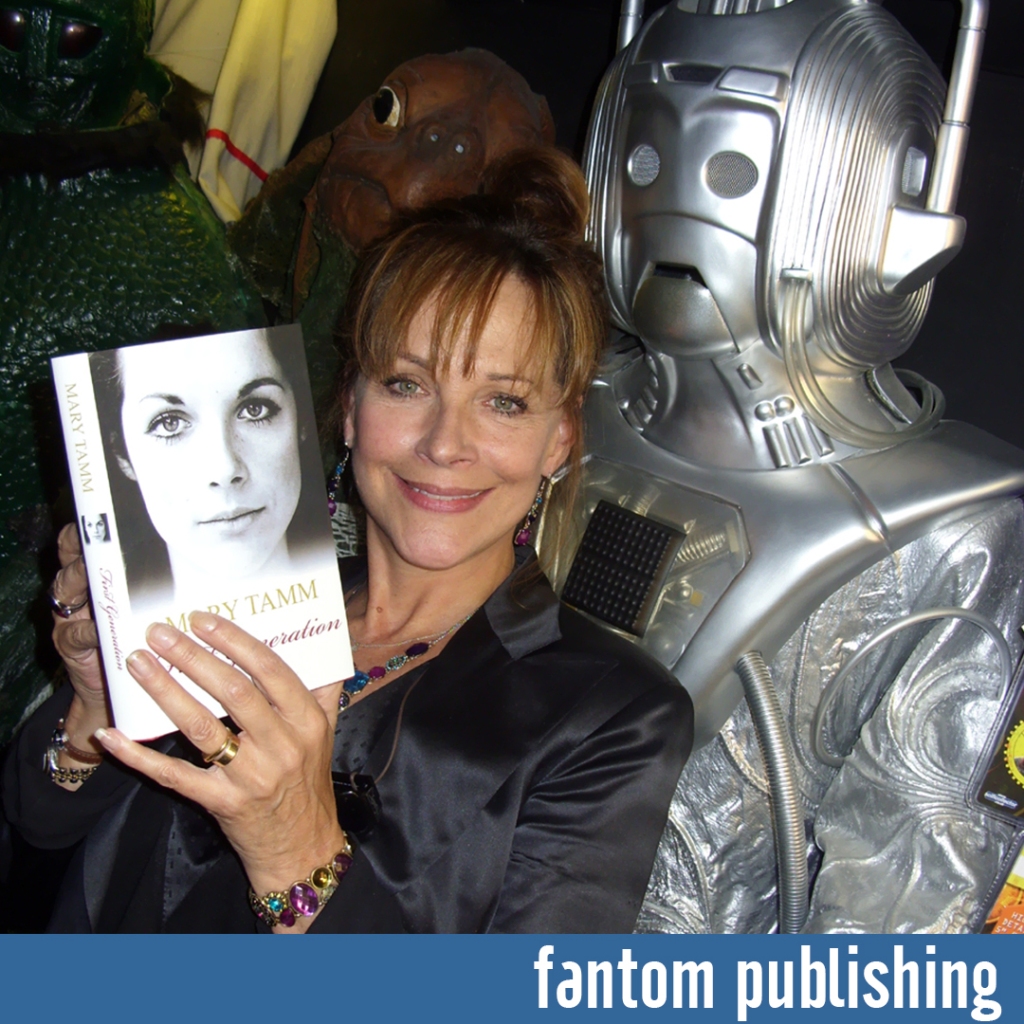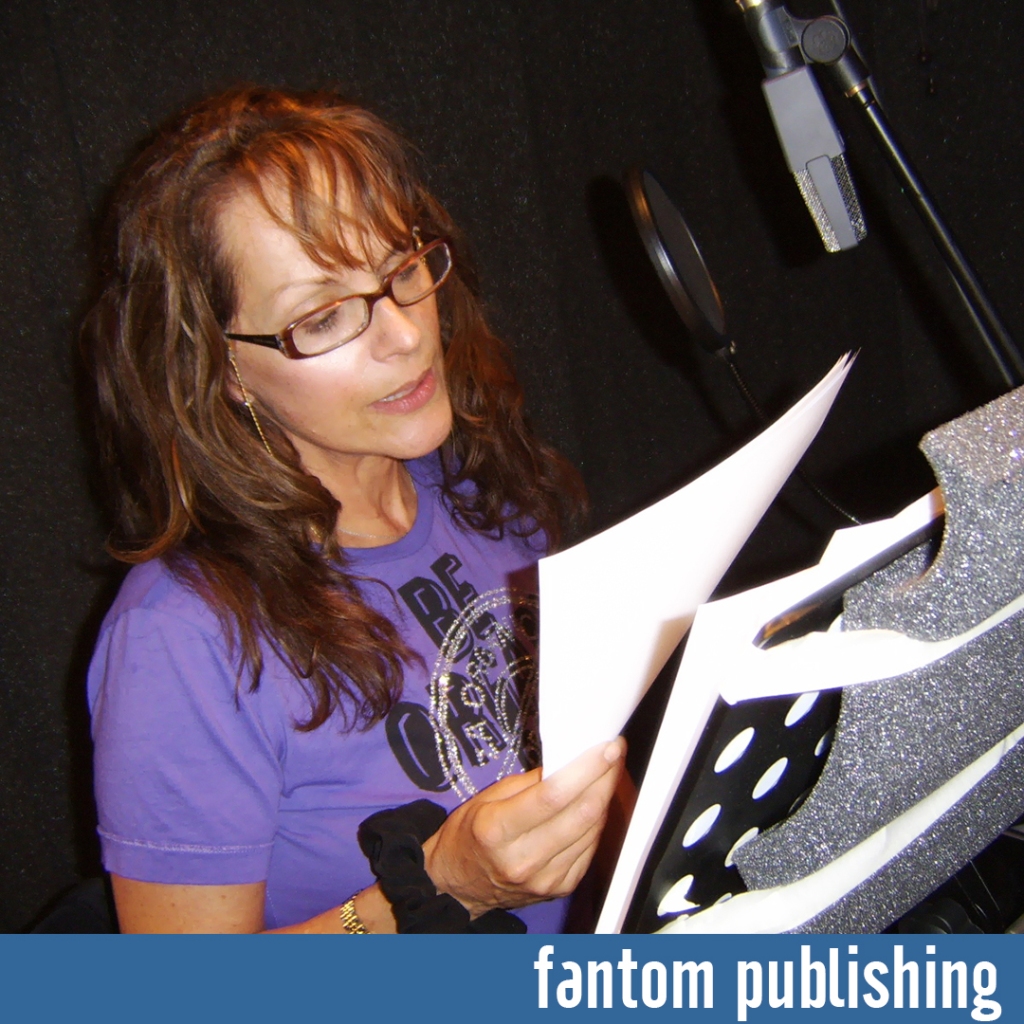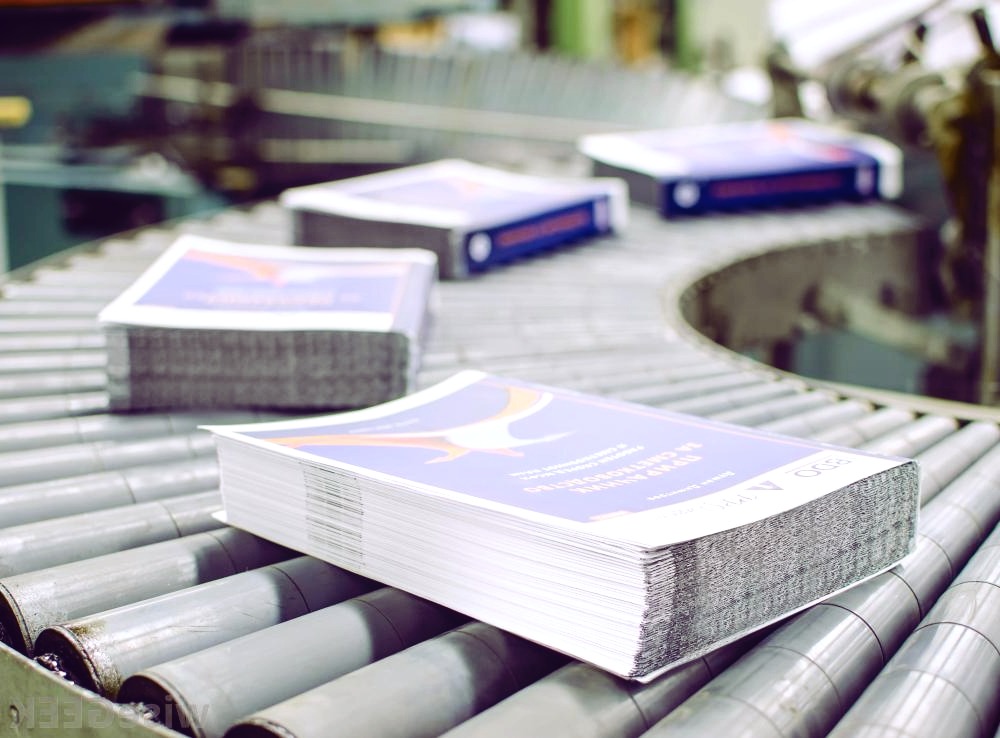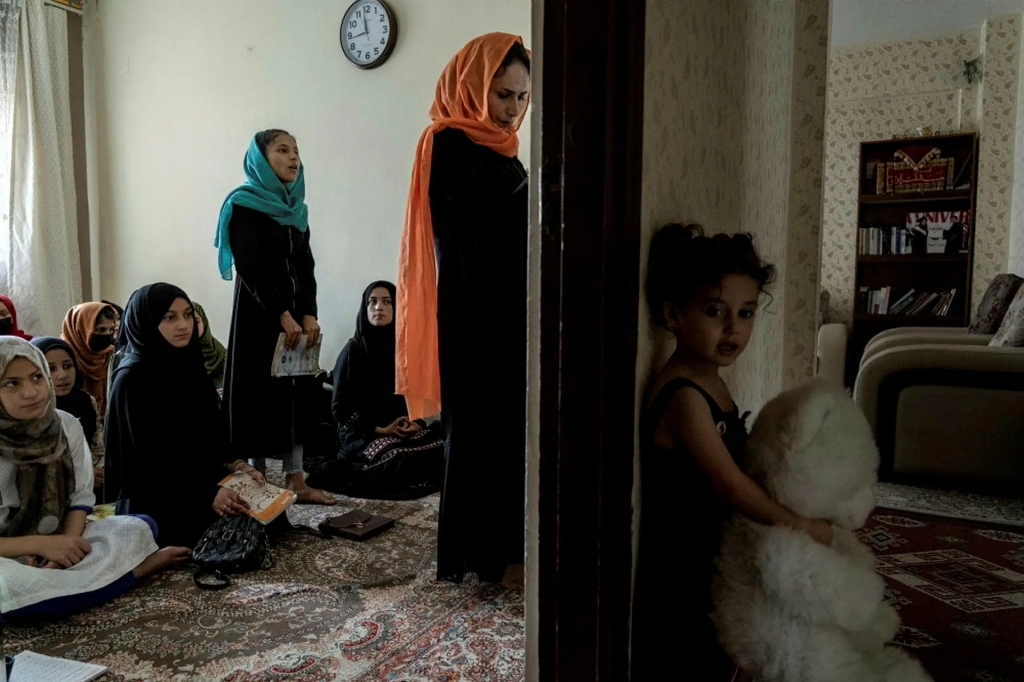Book Extravaganza is coming to the Belgrade Theatre in Coventry on April 6th, thanks to the energy and hard work of Dexter O’Neill. He is also the power behind fantom publishishing and Rosie’s Retro Bazaar. He took time out of his busy schedule to answer a few questions about what these, and Book Extravaganza, are all about.
Hello Dexter, can you tell me a bit about yourself, Fantom Publishing and Rosie’s Retro Bazaar.
Fantom was established 19 years ago, almost to the day! Over the past two decades we have published around 400 print and audio titles.
We have worked with lots of fantastic authors including autobiographies of actors Paul Nicholas, Julian Glover, Geoffrey Beevers, Jack Wild and Derek Fowlds. We have many more biography and Cult TV and Film related titles which are too many to mention.
Recently, we have published the novelisations of One Foot in the Grave by the series’ creator David Renwick, and a collection of scripts by comedy writing duo Marks and Gran.
For as long as I can remember I’ve been involved with the arts, working professionally for ITV as a youth, however it was my involvement with the television station at Warwick University – whist completing my degree – that demonstrated to me what was possible.
The venture and my previous experience inspired me to start an audio-visual enterprise which over the first couple of years developed into a publishing house and events company.
Through fantom we have organised over 200 events – which is amazing! Prior to lockdown I developed Retrospective Ltd and the Rosie’s Retro Bazaar brand through my love of Mid-century design. This is principally a retro and village market, but this has recently expanded to include heritage themed events.
I was inspired into producing audio books by my grandmother, who after going blind relied on them for storytelling and entertainment. If she enjoyed an audio book or play, she would pass me the cassette and I would take a listen.
It was this that gave me the opportunity to learn about the industry and inspired me to move into print – egged on by one of my audio book readers (actress Mary Tamm) who said she was looking for a publisher for her autobiography First Generation.
So, what is a Book Extravaganza?
It is an event like no other, we are bringing together a variety of independent and small businesses which have a connection to books and the art of storytelling.
Across two floors of the Belgrade Theatre, we have a collection of authors with a plethora of styles and subject matters – from local interest to children’s fiction and true crime to science fiction!
We have themed stalls from audio books to LGBTQI+ as well as antiquarian and second handbooks.
Joining this, will be a host of stalls inspired by the history of books, associated crafts, and tools. For example, cards made from ladybird artwork and beyond. Journals, stationery, pens, and bookmarks!
If you are an aspiring writer, and looking at routes to market, we have printers and author services to give you more inspiration and ideas. We have Illustrators and comic creators.
There are also talks and performance work including Coventry’s Young Poet Laureate Aamani Kanda who will be reciting some of her poetry – you will be able to find out more on our website.
Why did you decide to hold the Book Extravaganza in Coventry?
Coventry is my home city and community, culture and developing the local economy is a big motivator for me. I want to give local authors and businesses a new shop window to display their talents in the hope it enhances the image of the city and the opportunities within.
It will be in the Belgrade, Coventry, 10am – 4pm – is that right?
That’s correct, the event will run from 10am until 4pm. The talks and performance schedule will be announced online and via social media this week.
How much will it cost to take part or to attend?
The event is FREE to attend, however if you are an author or small business related to the book or storytelling industries you can apply for a stall via our website. But hurry we only have a couple left!
Who will be there and who do you hope will attend?
The event is open to everyone whether you are an avid reader, budding writer or just browsing. It is an ideal opportunity to find that unique gift or unusual title.
How will people get in touch with you if they want to be part of it?
You can message us online via any of our social media channels or through our websites www.fantompublishing.co.uk and www.rosiesretrobazaar.co.uk
Do you see this as an annual event in Coventry?
We are hoping this becomes a biannual event, the positive response talking to book groups and people online gives me the confidence that this will be a different event which can continue to grow! Watch this space!
What do you see happening afterwards in Coventry (or elsewhere)?
We have been approached by a couple of other locations in the Midlands who are keen to host a Book Extravaganza; and we hope to have another in Coventry in the lead up to Christmas.
On 8th June we have our next Twentieth Century Market, which is moving from Drapers’ Hall to the Belgrade Theatre. This event is a retro and vintage fair which encompasses fashion, furniture and homewares.
Fantom run approximately a dozen Doctor Who conventions and events across the country including locations in Sheffield, Bristol, Milton Keynes and London. We did our first convention in Coventry last year and plans are afoot for the next!
The Belgrade is keen for us to continue and present more events for them, so again watch this space! Who knows what will happen next.
Anything else you want to add?
We are supporting Listening Books charity at this event; a national audiobook charity providing an online audiobook service for the print impaired.
40% of revenue from our audio book stall will go direct to the charity and there will also be a raffle to win audio books signed by the writers and readers.
It’s a charity close to my heart as the art of audio can bring a new world of storytelling, knowledge, and entertainment whether that’s due to a physical impairment or age. It brings me full circle as I saw firsthand with my grandmother and what difference audio can make.
Our inaugural Book Extravaganza is FREE to attend, however if you pre-register your interest at www.rosiesretrobazaar.co.uk you can be entered into a raffle to win £75s worth of books!
Sounds like a definite date for the diary. Thank you so much for your time, Dexter, and look forward to seeing you on the 6th April at the Belgrade.
Some pictures from Dexter’s album to whet your appetite
The late June Brown – reading a copy of Jack Wild’s autobiography It’s a Dodger’s Life. One of my favourite photos!!
Authors Catherine Schell & Derek Fowlds swapping books! Catherine was a bond girl!
The late Peter Vaughan (Porridge, Game of Thrones…) signed copies of his autobiography Once A Villian.
Ken Farrington at a book signing – he was best know for being Billy Walker in Corrie.
These last three are of Mary Tamm – she was Tom Bakers companion in Doctor Who. There are photos of her with my first book, and reading the audio book.
PS: Links to Margaret’s books and social media
You can find all my books and short stories on Amazon books, At least one story always free. ALL BOOKS FREE ON KINDLE UNLIMITED
www.amazon.co.uk/-/e/B00RVO1BHO
fb.me/margaretegrot.writer
@meegrot
